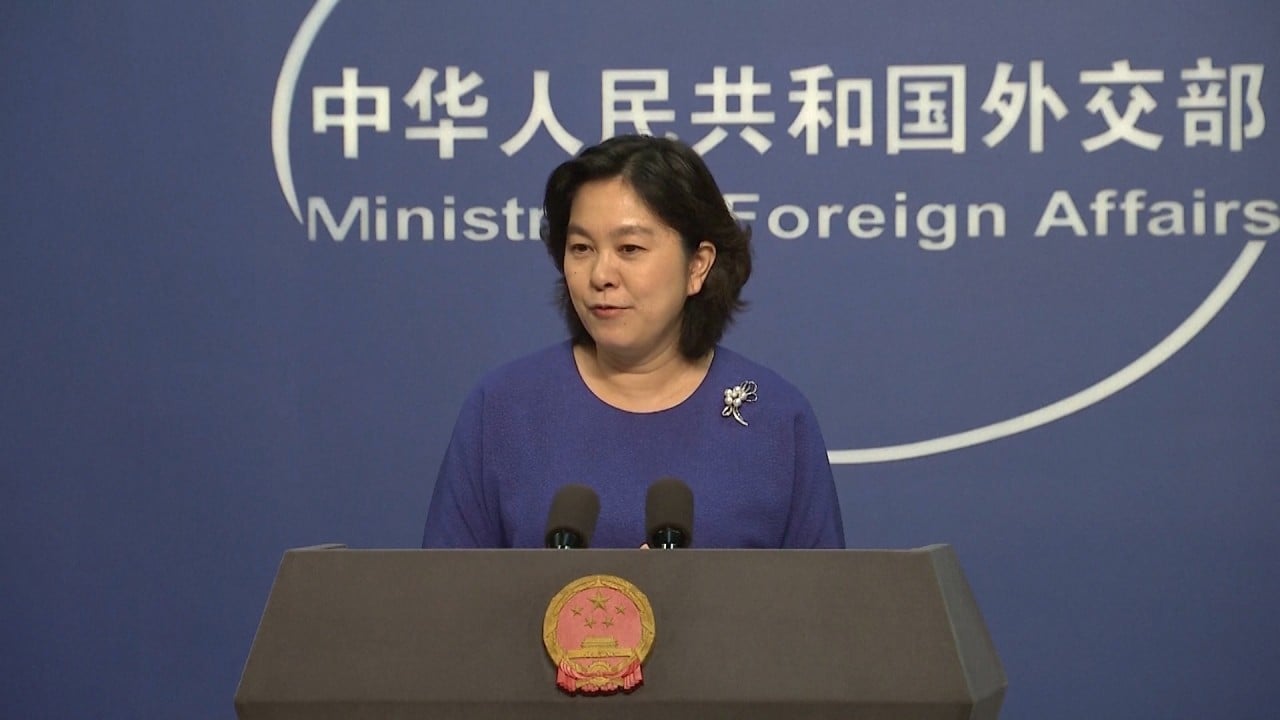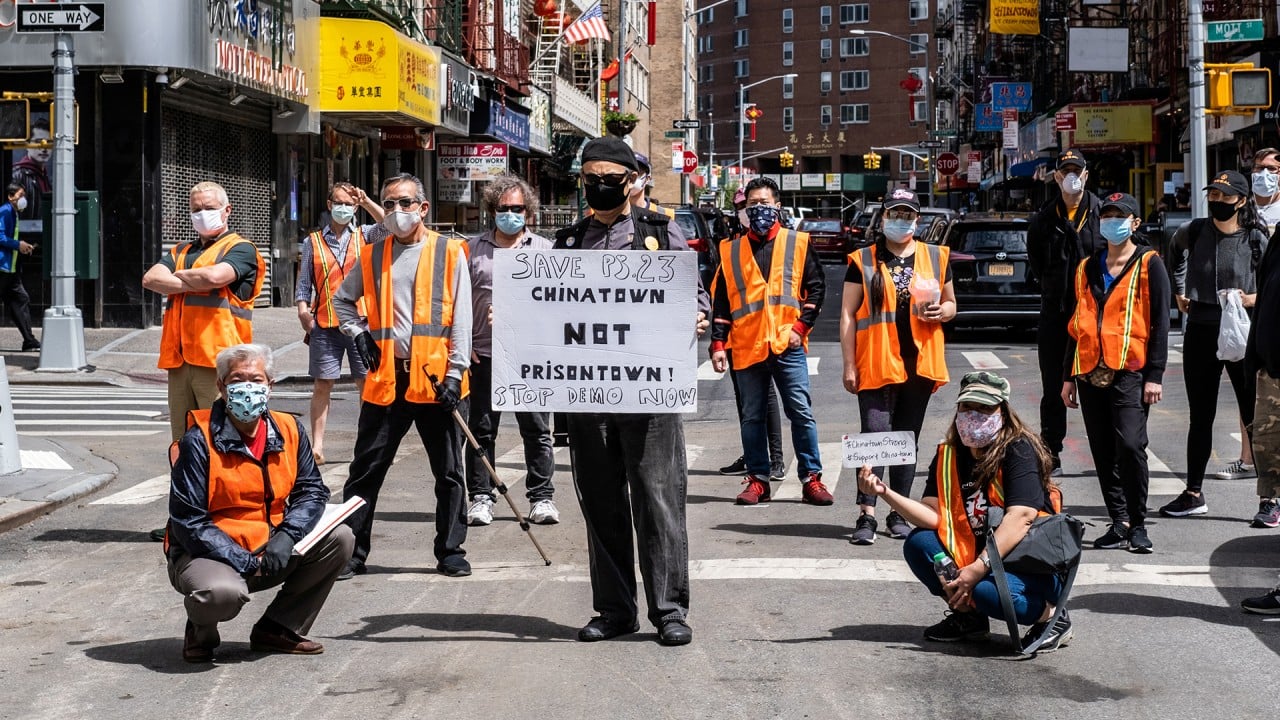
Anti-China sentiment in US at ‘historic high’, Pew Research survey finds, amid friction over trade, coronavirus and human rights
- More than 70 per cent of Americans hold negative views of China, and even more distrust Beijing to ‘do the right thing’
- Grim view shared across all demographics fuelled by coronavirus, espionage claims and human rights concerns
“Around three-quarters (73 per cent) of Americans have an unfavourable view of China today – the most negative reading in the 15 years that Pew Research Centre has been measuring these views,” wrote the authors of the report, Laura Silver, Kat Devlin and Christine Huang.
“The percentage who say they have a very unfavourable view of China is also at a record high of 42 per cent, having nearly doubled since the spring of 2019, when 23 per cent said the same.”
According to Pew’s survey, 64 per cent of Americans say China has done a “bad job” dealing with Covid-19. And 78 per cent say the Chinese government deserves the blame for letting the coronavirus spread from the city of Wuhan to the entire world.
The survey found 77 per cent of Americans had “little or no confidence” in Chinese leader Xi Jinping to “do the right thing in world affairs”. That number has grown 27 points since last year, according to Pew.
The survey also found that most Americans now support taking stronger action related to China’s human rights violations.
The survey, which covered 1,003 US adults and was conducted between June 16 and July 14, found negative views of China were high across the two political parties, across all education levels, and all age groups (including more than half of 18-29 year olds).

03:01
Banning 92 million Communist Party members from America ‘ridiculous’, Beijing says
Sun added that the national sentiment is likely to be mutual.
“I think that correspondingly, you will also see a very negative view of the United States in Chinese public opinion polls these days too,” she said.
US imports of PPE and ventilators drop, even as coronavirus cases soar
The Pew report also comes as US President Donald Trump continues to blame China – and only China – for unleashing the highly infectious coronavirus on the US.
Trump has lately taken to calling the virus the “China plague”, and continues to vehemently reject any suggestions that he might bear some responsibility for the pandemic’s wild spread in the US, where the death toll passed 150,000 on Wednesday. Trump’s national security adviser, Robert O’Brien, tested positive for the virus on Monday.
Some lawmakers in Congress have also sought to amend federal law to allow US states and private citizens to sue China for damages related to the coronavirus.
The attorneys general of Missouri and Mississippi have both initiated lawsuits, though it is unclear if they will be permitted to move forward because of sovereign immunity issues.
“For the public health crisis, you can link that to China, and say that China should be responsible for Covid-19,” said Sun. “But I think the weakness of that argument is, should China also be responsible for the US failure to counter Covid-19 after, say, March, or after April?”
Are China-US relations drifting closer towards war?
“I think you can say that the Chinese hid information at the beginning, they poorly managed the crisis last December and in January, but when we compare the US performance in battling Covid with the rest of the world, I think the failure or ineffectiveness of our policy is quite evident, and that's not China's fault.”
Even as many Americans blame China for the virus’s origins and deeply distrust China’s ability to tell the truth, they also remain highly sceptical of the Trump administration’s handling of the pandemic. About six out of every 10 disapprove of Trump’s coronavirus management, according to recent polls.
The widespread negative sentiments toward China have also come amid an increase in hate crimes against Asian-Americans.

03:41
Asian-Americans, harassed over coronavirus, push back on streets and social media
This week Representative Judy Chu, a Democrat from California and the chair of the Congressional Asian Pacific American Caucus, sent guidance to every member of Congress on how they can oppose the Chinese government without also encouraging anti-Asian xenophobia in the US.
She cited the case of a Burmese-American man and his two young children in Texas, who were stabbed by a man who accused them of spreading the coronavirus because they were Asian.
“We do not need to shy away from the challenges posed by China’s policies, nor should we when they threaten our values or interests,” Chu said in a statement. “But that is all the more reason to be specific in our criticisms.”
One recent academic study published by Runjing Lu, an assistant professor in the Department of Finance at the University of Alberta, and Yanying Sheng, a doctoral student at the University of California San Diego, found that wherever Covid-19 has spread in the US, it has been closely followed by racist slurs targeting Chinese Americans.
The study found that in communities across the country, “the first local diagnosis leads to an immediate increase in racist Google searches and Twitter posts, with the latter mainly due to existing Twitter users posting the slur for the first time.”

